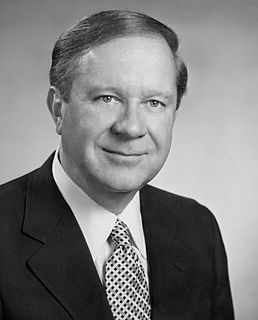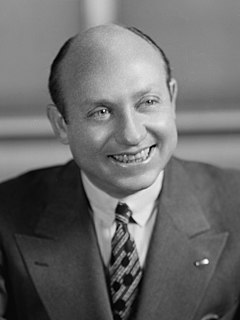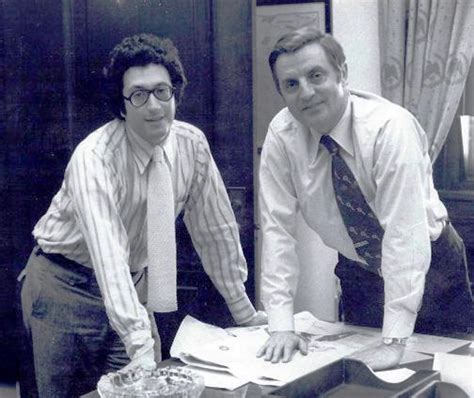A Quote by Pope John Paul II
On the basis of his work each person is fully entitled to consider himself a part owner of the great workbench at which he is working with everyone else. A way toward that goal could be found by associating labor with the ownership of capital joint ownership of the means of work, sharing by the workers in the management and/or profits of businesses, so-called shareholding by labor, etc.
Related Quotes
The basis of self-ownership is the fact that each person has direct control over the scarce resource of his body and therefore has a better claim to it than any third party (and any third party seeking to dispute my self-ownership must presuppose the principle of self-ownership in the first place since he is acting as a self-owner).
Thus, the capital owner is not a parasite or a rentier but a worker - a capital worker. A distinction between labor work and capital work suggests the lines along which we could develop economic institutions capable of dealing with increasingly capital-intensive production, as our present institutions cannot.
There are but three political-economic roads from which we can choose... We could take the first course and further exacerbate the already concentrated ownership of productive capital in the American economy. Or we could join the rest of the world by taking the second path, that of nationalization. Or we can take the third road, establishing policies to diffuse capital ownership broadly, so that many individuals, particularly workers, can participate as owners of industrial capital. The choice is ours.
The purpose of finance is to enable business to acquire the ownership of capital instruments before it has saved the funds to buy and pay for them. The logic used by business in investing is things that will pay for themselves is not today available to the 95% born without capital. Most of us owe instead of own. And the less the economy needs our labor, the less able we are to "save" our way to capital ownership.
Work is a means; it is not an end. And for any tasks that can be performed or eliminated by a capital instrument, human labor is not the best means... Furthermore, we have science, engineering and management - the three disciplines - that really plan and control the production of goods and services, trying to eliminate labor. Who the hell is government to come along and try to create labor? The people who are producing wealth are trying to eliminate toil, while the politicians are trying to create it.
One of the proven ways of getting workers more involved with their jobs is by dovetailing employee profit-sharing and stock ownership plans with greater responsibility sharing... Trade unions in this country should... consider these arrangements much more carefully than they have up to now... Expanded employee profit participation and stock ownership would provide workers with a greater measure of economic and social independence, thus stimulating increased productivity.
We are the necessary element since we expend nothing. Management can create its own capital -- the profits. Its business would grow and profits increase. Labor would prosper as well, while the price of the product would remain constant, the prosperity of industry, labor and management would continually increase. We Jews glory in the fact that the stupid goy have never realized that we are the parasites consuming an increasing portion of production while the producers are continually receiving less and less.





































